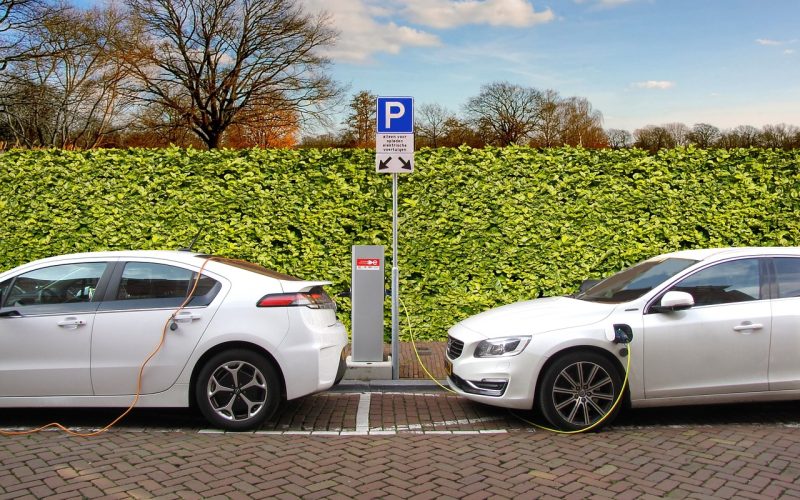Transportation is responsible for a huge amount of carbon emissions. In fact, the transportation sector produces the highest proportion of the UK’S carbon emissions. To reduce the level of carbon emissions entering our atmosphere, you can choose more sustainable forms of transport, from walking to driving electric vehicles.
This article will explore how you can work to benefit the environment rather than damaging it. Whether you commute regularly or not, here are some of the ways that you can be more environmentally conscious.
Walking or cycling to work may not be realistic
In order to commute in a carbon-conscious way, you can choose to walk or cycle to work. According to research from the University of Oxford, choosing to do either of these one day a week can be highly effective. In fact, 4% of carbon emissions from all cars could be saved if only 10% of the population changed their travel habits.
However, the average time to commute is an hour per day. This means that choosing to cycle or walk may not be an option for some people without unnecessarily prolonging their day. Despite lowering their carbon footprint, a particularly difficult walk can result in higher levels of anxiety and other mental health issues.
Public transport has its challenges
If walking or cycling isn’t an option for you, public transport may be the next best method of travel. In 2021, local bus services contributed 102.27 grams of carbon dioxide per kilometre of travel. This is significantly lower than an average car, which amounts to 164.31 grams for petrol vehicles and 168.43 grams for diesel.
On the other hand, public transport isn’t always as convenient for some commuters. In the aftermath of Covid-19, bus services across the nation will face cuts to funding. This is to adjust to the reduced number of passengers choosing to embark on public transport. However, this can also be detrimental for those who have begun to rely on a more regular service.
Public transport is also responsible for a fair share of carbon emissions. This is lower than a car’s contribution, but it may not be the best solution for carbon-conscious commuters. If there isn’t a electric bus operating in your area yet, an electric vehicle may be the sustainable solution for you.
Investing in an electric vehicle for a greener future
There’s no doubt about it – electric vehicles are beneficial for the environment. In just one year, you could save the same amount of carbon it took to produce the car itself. This means that your conscience can be clear of carbon emissions sooner rather than later.
In the last year alone, average carbon emissions from new cars have decreased by 11.2%. An increase in electric vehicle sales is credited with making this the lowest amount it has ever been before.
Despite their futuristic appeal, owning an electric vehicle is a lot more realistic than you might think. Charging ports are scattered around the nation, with 28,375 currently stationed for public use. You can even charge your car in the comfort of your own home with the latest EV charger installation services.
In addition to this, owners of particularly polluting vehicles are facing larger fines as the nation continues to strive for Net Zero emissions. This fine can be as significant as £120 per month, and who would want that? If you needed another reason to switch to an electric vehicle, this is it.
Commuting to work doesn’t have to be detrimental to the environment. Everyone can make a big difference. It starts with you. Walking, cycling, and public transport may not always be an option. In comparison, an electric car could allow commuters the continued freedoms they want but with a lower carbon footprint.
Sources
https://www.statista.com/topics/6270/transport-emissions-in-the-uk/#topicHeader__wrapper
https://www.safeworkers.co.uk/health-wellbeing/effects-of-long-commutes-to-work/
https://www.gov.uk/government/statistics/electric-vehicle-charging-device-statistics-january-2022/electric-vehicle-charging-device-statistics-january-2022#:~:text=As%20of%201%20January%202022,available%2C%205%2C156%20were%20rapid%20chargers https://www.leicestermercury.co.uk/news/motoring/tax-changes-2022-hit-drivers-6512987









